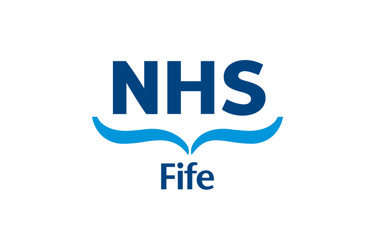This is awarded by Healthcare Without Harm (HCWH) to celebrate sustainability efforts of healthcare organisations across the WHO Europe region. The winner will be announced in Berlin this week (7 June) and broadcast live as part of the CleanMed Europe Conference.
HCWH is an international network of hospitals, healthcare leaders and healthcare professionals that “exists to create a sustainable healthcare sector… that does no harm to patients or our planet”.
NHSScotland’s project, which focuses on reducing the harmful environmental impact of medical gases in NHSScotland, has been led by Dr Ken Barker, Clinical Lead for the National Green Theatres Programme; Alifia Chakera, Head of Pharmaceutical Sustainability for the Scottish Government; Stuart Duncan, Deputy Director for the Scottish Government’s Leading Improvement team; and Professor Jason Leitch, National Clinical Director.
It has combined grassroots activity with national support and oversight to achieve its objectives. This pioneering work has so far focused on Desflurane (a potent polluter with a global warming impact 2,500 times that of Carbon Dioxide) and Nitrous Oxide (which accounts for ~80% of the total carbon footprint of anaesthetic gases).
As a result of the project, Desflurane has been removed entirely from NHSScotland contracts and NHS Boards across Scotland have been moving to significantly rationalise the use and mitigate the effects of Nitrous Oxide.
On hearing about the shortlisting, Dr Barker said the nomination was “wonderful recognition” for all those who had been involved in effecting change in clinical settings across Scotland.
“The discontinuation of [the anaesthetic gas] Desflurane procurement in 2023 makes NHSScotland the first national health system in the world to make such a change national policy. By replacing the drug with equally safe and effective alternatives, the carbon footprint of volatile gases in Scotland has fallen by over 80% since 2017.”
He said these results were a remarkable example of how work by engaged clinicians can spread locally then be supported by national organisations, leading to meaningful and long-lasting change.
Ms Chakera said news of the shortlisting had been an enormous boost to everyone involved and was a clear message that the work done in Scotland was pushing beyond established boundaries.
She said that over the next three years the medical gases project would continue to support NHS Boards to reduce their emissions, through the Nitrous Oxide Mitigation Project and National Green Theatres Programme.
Professor Leitch said the work being done in NHSScotland to reduce the harm from medical gases was world leading.
“It illustrates the way in which grassroots improvements can be scaled up to, and supported at, national level to ensure lasting change that benefits our environment and society as a whole.
“I believe that Scotland will continue to lead the way in sustainable care and am confident that other countries in Europe and beyond will be able to learn from our successes, as we continue to learn from others.”
Professor Sir Gregor Smith, Chief Medical Officer for Scotland, said sustainable care was a vital component of NHSScotland’s Climate Emergency and Sustainability Strategy, which would help to ensure that Scotland had a net zero health service by 2040.
“The medical gases project presented here is at the forefront of this work. Significant 'wins' have already been realised, most notably the identification and reduction of huge amounts of N2O loss and, of course, Scotland becoming the first country in the world to remove Desflurane from national procurement contracts. The significance of this work cannot be overstated and I am confident the ongoing work will continue to deliver for the health system and our planet.”
